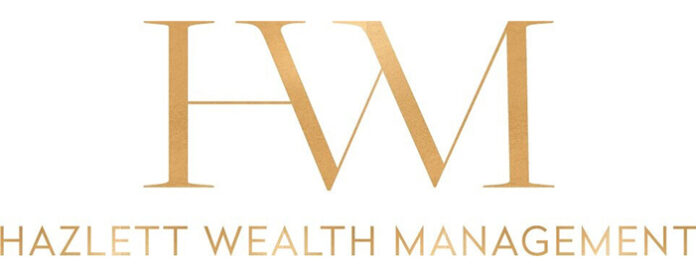BY KRISTIN HOVENCAMP

The debate between growth and value stock investing strategies is as old as the day is long and remains front and center. As uncertain economic conditions continue, should an investor cautiously wade back into growth or concentrate on value, and how does one decipher between the two styles?
Growth investing is a fundamental investment approach. The style focuses on purchasing stocks that can outpace equity sectors, or the overall market, over time. Investors are attracted to high valuations and the prospect of super-charged growth.
Growth stocks:
- Typically excel in bull markets and periods of economic expansion.
- Tend to represent new(er) or high-growth companies in industries that demonstrate considerable expansion and future profitability.
- Earnings are expected to offer above-average rates of return.
- Benefit from loose monetary conditions and low-interest rates.
- Borrowing money is less expensive, and future cash flows are worth more.
- The potential for high growth and high returns comes with greater risks.
- Typically, reinvest their earnings and do not pay dividends to shareholders.
Value investing focuses on companies currently trading below what they are worth, potentially providing a superior return. Value stocks sell at a relative discount to their net asset value.
Value stocks:
- Tend to fare better during an economic recession and outperform early as the economy reheats.
- Lag growth stocks in a bull market.
- Usually perform better in a rising interest rate environment.
- Represent established companies with current revenue flows.
- Are characterized by more traditional equity sectors such as energy, financials, and industrials. Investors can find deep-value stocks across market sectors.
- Commonly pay dividends to shareholders.
Investors seeking a less volatile investment approach may favor a value strategy. If you have a longer investment time horizon and are comfortable taking on more risk, you can position your portfolio to take advantage of growth stocks. Taking a risk-adjusted, balanced approach to equity stock investing is prudent regardless of your investment goals.
Kristin Hovencamp is an Investment Executive and Director of Business Development with HAZLETT WEALTH MANAGEMENT, LLC, which is independent of Raymond James and is not a registered broker/dealer. Investment advisory services are offered through Raymond James Financial Services Advisors, Inc. Securities offered through Raymond James Financial Services, Inc., member FINRA/SIPC. 675 Sun Valley Road, Suite J1 + J2 Ketchum, Idaho 83340 208.726.0605.



